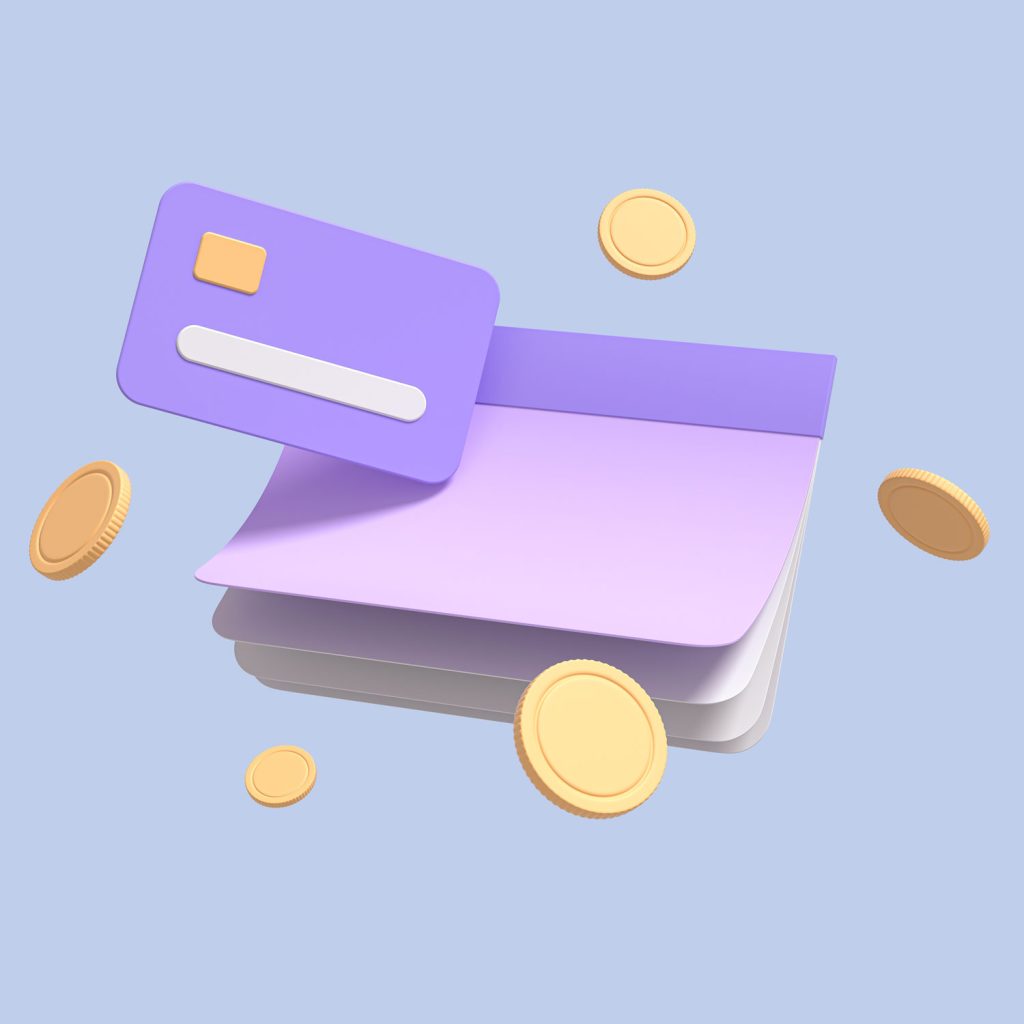Introduction
Essentially, every business activity depends on the availability of adequate cash flow. Unfortunately, when dealing with many clients, the fast processing of invoices can be complex, with some invoices being paid months after they are issued. However, commerce invoice financing is there to help businesses. This refers to a financial product that allows a firm to convert its accounts receivable into immediate cash. This article discusses commerce invoice financing, its benefits, the steps involved, and factors to consider when using the financing product.
What is Commerce Invoice Financing?
Commerce invoice financing allows businesses to use their unpaid invoices to raise cash quickly. Instead of waiting for a customer to pay the invoice and then waiting even longer for that check to clear, a business can sell its outstanding invoices to a factoring company or financier for a discount in exchange for instant cash. The business can use this money to cover operational expenditures, fund growth, or pay down other financial obligations.
Types of Invoice Financing
In invoice factoring, the factoring company buys the unpaid invoices and takes over the collections process. A percentage of the invoice’s value is given upfront, and the balance is repaid, minus a fee, once the customer pays the invoice. In invoice discounting, the business retains control over collections. Still, the financier gives a loan against the value of unpaid invoices, which the business repays as its customers pay their invoices.
Benefits of Commerce Invoice Financing
Immediate access to cash due to invoice financing will mean better cash flow management and faster settling of debts and obligations. Businesses can choose what invoices to finance and those they don’t want to finance, helping with better cash flow management. A better cash flow can enable a business to invest in further development, such as purchasing inventory, hiring staff, or expanding to new territories. Invoice financing is not a debt, so there will be no incremental debt on the company balance sheet, as receivables are used as collateral instead of the borrowed amount. The assessment criterion of a business relying on invoice financing will be faster than a traditional loan, leading to more rapid access to cash.
The Invoice Financing Process
This is how invoice financing works: The business submits invoices to a factoring company or invoice financier, which checks to see that the invoices are valid, and the customers are creditworthy. It will then advance the business by a sum – typically between 70 and 90 percent of the invoice value. The customers make payments to the factoring company (in the case of factoring) or the business (in the case of discounting). The financier pays the balance to the industry, less its fees.
Key Considerations for Businesses
Invoice financing involves fees, notably agreed upfront, businesses should adequately assess and compare the costs to other financing options. Invoice factoring also involves direct customer engagement for collections, which could affect customer relationships; businesses should choose a reputable financier who can appropriately handle collections. Not all businesses that qualify as invoice financiers will need to assess the creditworthiness of the business’s customers and the quality of the invoices. The terms and conditions of repayment should be clearly understood, including the possibility of penalties for late payment or customer non-payment. In invoice discounting, the business remains in control of collections. At the same time, this helps maintain the confidentiality of the business with its customers; it also means that the business would need to manage the collections process.
Conclusion
The power of commerce invoice financing means that a business owner can gain a strong sense of financial freedom and security, so long as they understand the various invoice financing options available to them, why they might pursue it, and what that means for them. Ultimately, if you know the answers to all of this, you’ll be ready to take advantage of invoice financing when you need it to keep your business finances – and indeed, your business itself – healthy.




